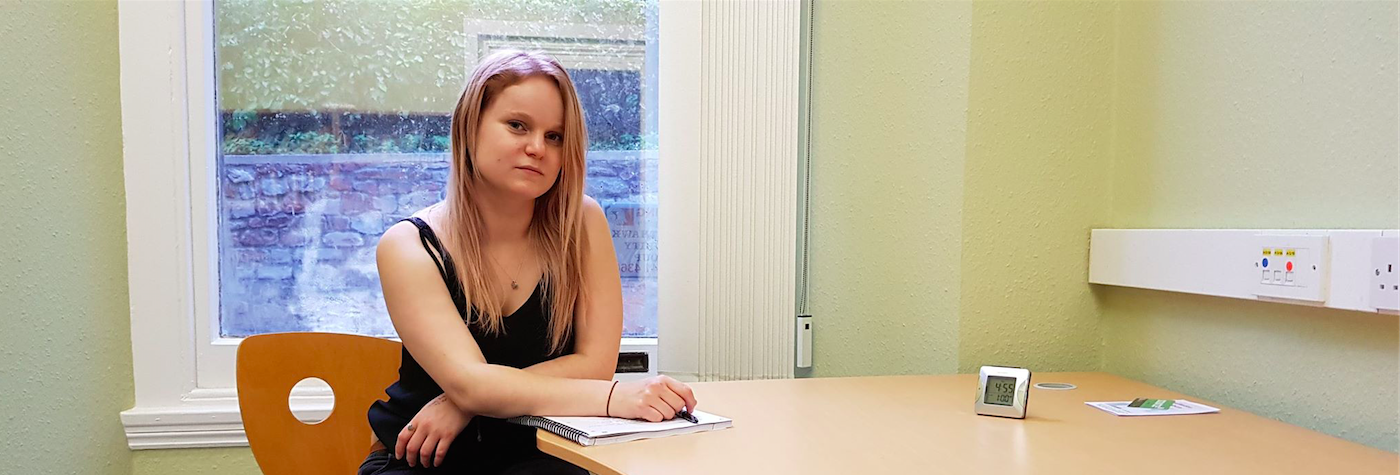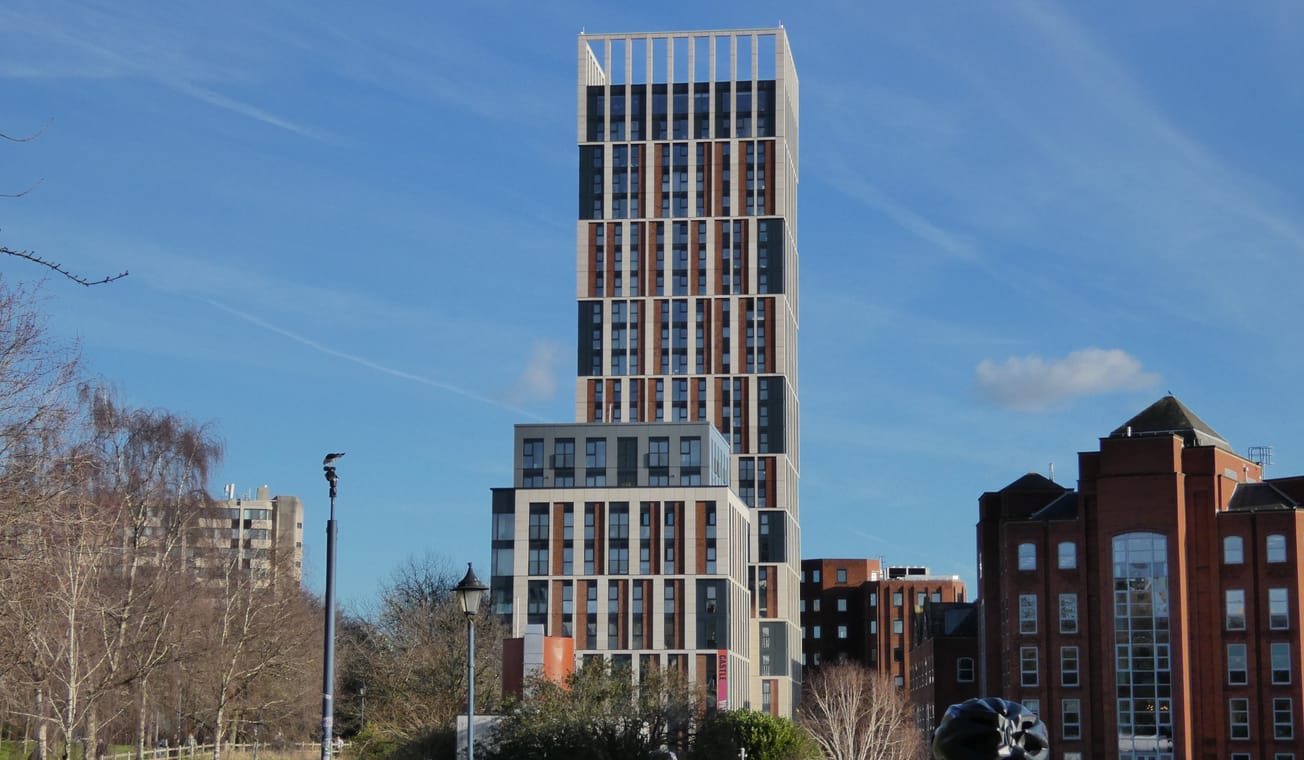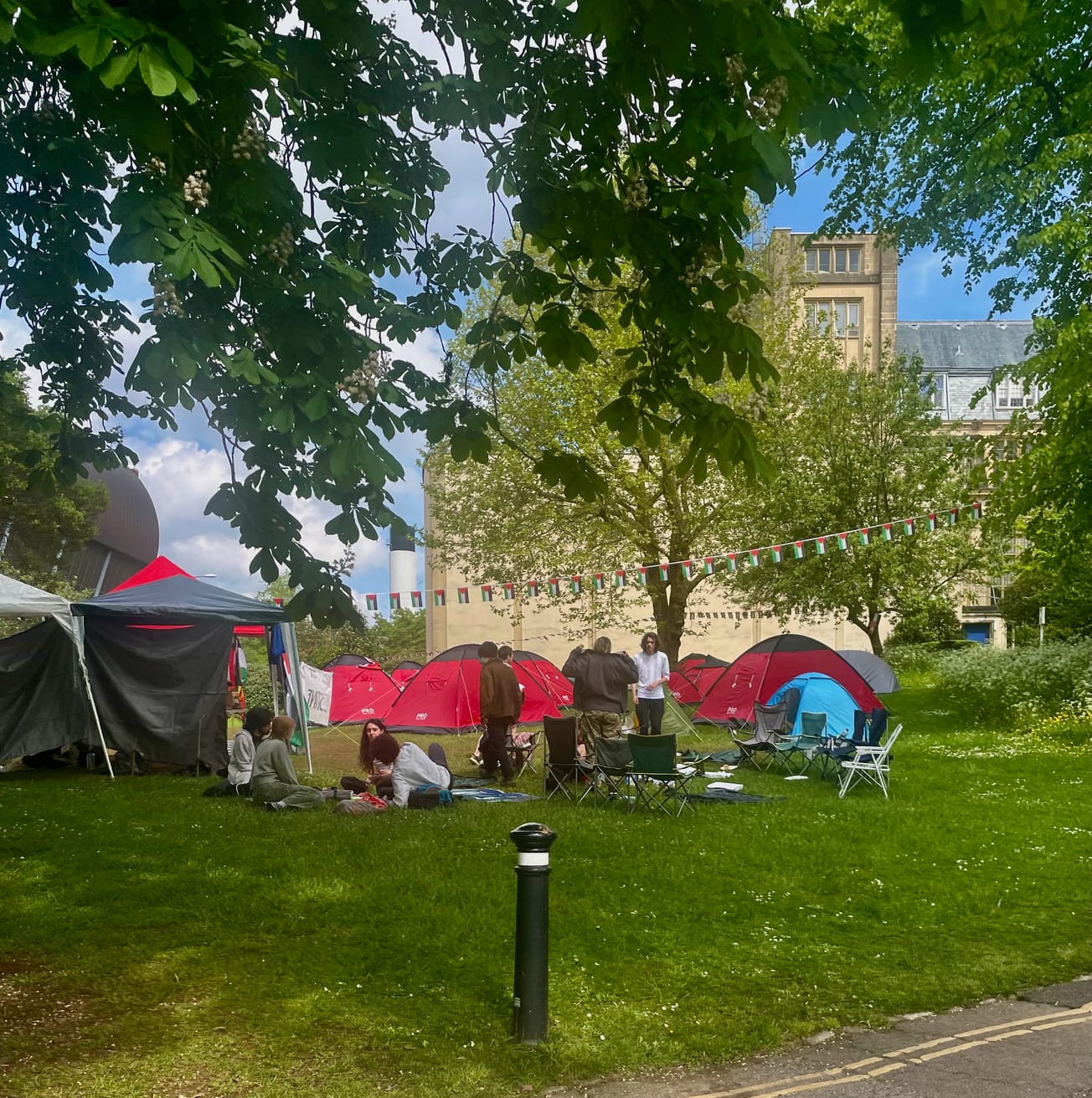By Zoë Crowther, Students’ Union Correspondent and Jasmine Burke, Wellbeing Editor
Student campaign group Support our Services has released a set of demands to the University calling for improvements to the student wellbeing services.
Zoë Crowther and Jasmine Burke interview the SOS press officer, Grace Carroll, to gain an insight into this latest campaign.
Would you say that the University should be there to support students personally as well as academically?
At Bristol, personal tutors are advertised as taking care of your academic needs and your pastoral. Sometimes when students get to their tutor, the tutor either doesn’t know where to send them or doesn’t feel able to give them the support that they need because they have not had the appropriate training.
All parts of our lives are intrinsically connected, and you can’t have your academic life without your personal life, they are related to one another, you can’t just ignore that. It is a really important thing, to know that somebody readily available is there to help you.
How does SOS think students should be made aware of the services available to them?
Our idea to have a routine check-up is a way of making sure that students know that the wellbeing services are available and that you don’t immediately have to go to medical help, you can go to the counselling services.
In welcome week there was meant to be a wellbeing talk run by the University, but it was terribly advertised. That’s the kind of thing that is supposed to say to Freshers ‘look here are the mental health services’ and it was so poorly publicised that no-one came. You’ve got to time these things right.
Why do you think the number of counselling sessions needs to be increased?
When you get to the counselling services you do get an exceptional quality of care. The problem with capping the sessions at four is that you can form a very trusting relationship with your counsellor; you have support there which is then taken away from you.
Mental health is not something you cure, it’s a continuous process you need to keep going with. We want to make sure these sessions can be continued and that counsellors can then signpost the student to a service that would be more suitable to them.
How should the university ensure it is reaching out to every demographic?
If international students feel removed from the services, then the university needs to let them know that they can reach out. Multilingual counsellors are a really important part of that.
In terms of LGBT+ students, we need to recognise that a lot of students are coming from unsupportive backgrounds. We are very good at Bristol at saying we are inclusive, but that needs to extend to the wellbeing services so students know they won’t get a negative experience in counselling.
Do you think some students could be overwhelmed by the level of promotion mental health services have received this year?
I think the University have sort of over-corrected. They’re saying ‘we’re positive about mental health now, we’re being supportive,’ but the actual change isn’t necessarily there. The Hub system is a bit of a mess at the moment. But I think it’s interesting that students feel overwhelmed with this display of change when the actual help that you need is basically in the same condition as it was last year.
Today we asked our students what makes them happy and what wellbeing means to them. New and returning students - you'll find support here wherever you need it; in residences, schools and around campus. #FindYourBristol pic.twitter.com/cq2W7CeSlz
— Bristol University (@BristolUni) September 26, 2018
Is recommending suicide prevention training for all staff a last resort?
I don’t think it’s a last resort, more of a safety net. Even if the services were perfect I would still recommend suicide prevention training, especially for people working in accommodation. It shouldn’t be left down to the students, this is the job of the people who work at the accommodation.
Training needs to be more broad, especially for city centre halls and private halls that slip under the radar and get left behind. We’ve outlined that student support centre needs to provide effective support or people living in private residences. Whether that’s wellbeing advisors checking up on students after a crisis situation or through routine appointments.
What is the top priority for SOS?
Uncapping the counselling services, because that’s mid-tier support that a lot of students need. I would also say that hiring more wellbeing advisors is a big deal because at the moment each wellbeing advisor is responsible for roughly 900 students, which is a mammoth task.
How do you expect or hope the University will respond to these demands?
I expect for them to say they’re taking it on board. I expect them to make a big thing of how they have listened and how they are going to think about our ideas. Whether or not they actually do is another question.
What I would hope they will do is push for further negotiation with us and push for more communication between the university and our campaign. The demands are a good way to get to that point, for them to say ‘you’ve said this, let’s reach out to you and let’s talk about it.’ These demands have been formed by the student body, from a survey we did of students from the University of Bristol.
Is there anything you think the University has been doing particularly well?
Their heart is in the right place; it feels like they’re trying. That is something that gives me hope, the fact that they are trying by themselves. It means they are more likely to listen to us. On the whole they recognise there is a problem, but they don’t necessarily recognise that the problem isn’t just ‘sector wide,’ to quote Hugh Brady. But I do want to stress that they aren’t doing enough, and that is why we exist.
How do you plan to track and assess the University's progress?
I won’t reveal all our secrets! But one thing we are going to be doing throughout the year is gaging student response. Facebook is a really good tool for doing that, we do have a lot of people who reach out to us through our fb page. We have a lot of events coming up that we can use to gage student response because its most important to us that we are student run.
We need to be a channel through which students can express their concerns, so that is the main way we are going to be assessing how the uni is doing. As well as meeting with them, with the SU and all the behind-the-scene negotiations.
Featured image: Grace Carroll









